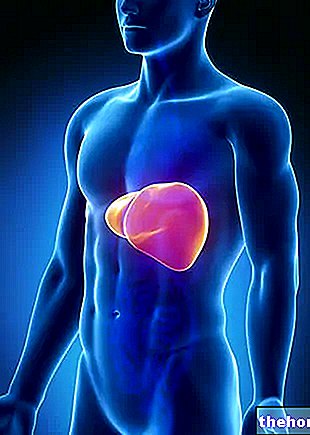
Through a series of autoantibodies (including ANA, anti-phospholipids and anti-cardiolipin), in fact, lupus is capable of causing inflammation of the joints, skin, kidneys, lungs, nervous system, heart and further other organs.
Currently, the precise cause of lupus is unknown; based on some scientific evidence, however, the medical community believes that SLE is the result of a combination of genetic, hormonal and environmental factors.
More frequent among women and in particular ethnic groups (eg African-American), lupus causes a "wide variety of symptoms, many of which are not very specific; among the most characteristic manifestations, there are: general malaise, fever, loss of appetite, widespread joint pain, scattered erythema (including the so-called "butterfly" erythema), anemia, leukopenia, proteinuria and hematuria.




























